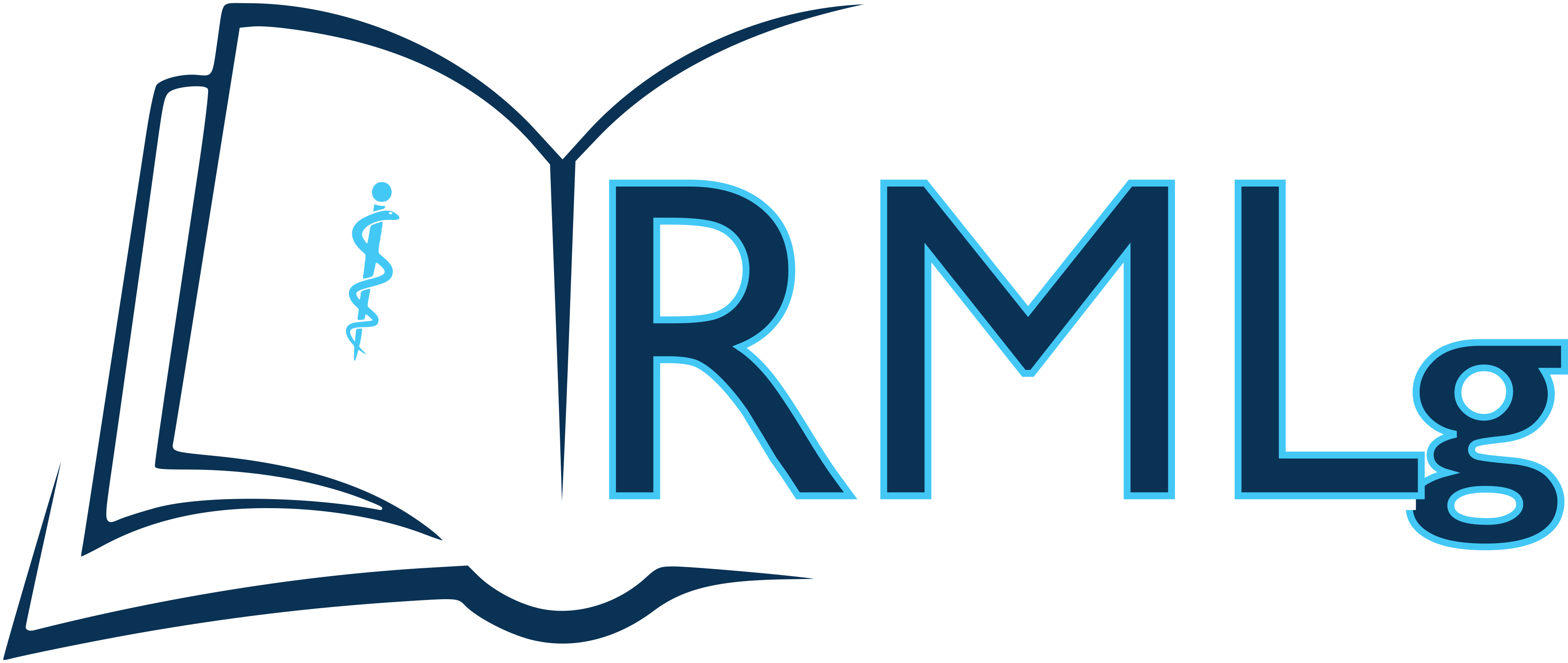-
Neurobiology of addiction
Scuvée-Moreau J.
Rev Med Liege 2013, 68(5-6),211-217Abstract : Several psychoactive drugs may induce addiction. Despite distinct pharmacological targets, all have the common property to stimulate the brain reward circuitry, which results in an increase of dopamine release in the nucleus accumbens. The stimulation induced by drugs of abuse is much more important in intensity and duration than the stimulation induced by natural rewards. The positive reinforcement resulting from this stimulation promotes repeated drug intake, which induces cellular and molecular adaptations in the brain reward circuit and other regions associated with this circuit. Enduring changes are more particularly observed in regions involved in pleasure, motivation, memory, conditioning, executive functions, judgement and self-control. A tolerance to the reinforcing effects of natural rewards is observed in parallel to a hypersensitivity to the motivational effects of drugs and drug-associated stimuli. Behaviour focuses more and more exclusively on drug research and drug consumption. Drug privation can induce a negative emotional state, withdrawal signs and craving which are key elements of relapse

